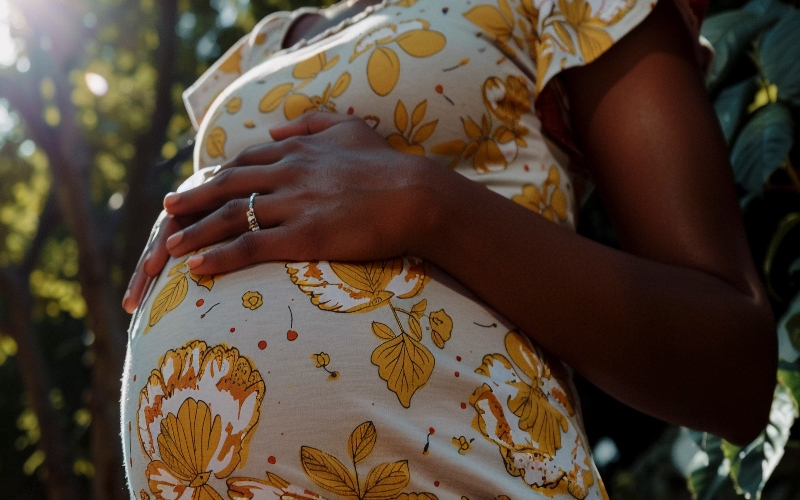Opinion: Kenya’s Gen-Z movement must avoid mistakes in some African countries

The Kenyan Gen-Z must be cautious not to cross the threshold into a full-scale revolution, avoiding the potential hijacking of their good cause by opportunistic elements such as politicians or the military, as seen in other African countries.
Revolutions have often been hailed as necessary upheavals to overthrow oppressive regimes and bring about societal change, emerging as responses to economic hardship and social injustice.
However, while revolutions carry the promise of change, they frequently descend into disasters, bringing challenges that can destabilise nations for decades. In Africa, revolutions typically result in more confusion, instability, and misery rather than the desired affluence and democracy.
More To Read
- State mulls flexible workplace culture as Gen Z pushes beyond suits and traditional norms
- From protests to the office: How Gen Z is reshaping Kenya’s work culture and social norms
- 'Gen Z is the now': US preacher Rickey Bolden urges Kenyan leaders to listen to youth
- Respect must go both ways, Kindiki tells Gen Z, elders
- Sh40.7 billion budget shortfall threatens military recruitment, operations
- Gen Z-led protests, floods dent Kenya's economic growth in 2024 to 4.7 per cent
The continent's history is replete with instances of revolutions that end up achieving the opposite of what they envisioned—prolonged conflict, military takeovers, economic downturns, and cycles of instability and humanitarian crises.
Africa's colonial history laid a complex foundation for post-independence governance. The arbitrary borders drawn by colonial powers grouped diverse ethnicities and cultures, often leading to internal conflicts.
When a revolution arises in this context, the resulting situation automatically deteriorates, further galvanising divisions along tribal lines, with tribal leaders rallying their tribes to gain power. In recent decades, African countries have seen numerous coups and revolutions, many of which aimed at removing regimes deemed corrupt and dictatorial.
In recent weeks, Kenya has experienced Gen-Z-driven demonstrations in response to the proposed finance bill that introduced punitive taxes on struggling citizens, aiming to cut the budget deficit and reduce government borrowing. These protests saw strong support from various stakeholders in the country.
However, it was the Gen-Z who took the protests further by organising themselves online and staging systematic demonstrations across the country simultaneously. Initially underestimated by the ruling Kenya Kwanza regime, some politicians even mocked the movement, describing it as a picnic where people come to town with Uber, take selfies, and go to KFC once done.
The campaign caught the government off guard on Tuesday, June 25, when protestors overcame security personnel around the parliament building after the Finance Bill was passed by 196 to 105 votes. The young protestors rushed forward, overwhelmed security, managed to enter the building, and ransacked it, setting part of it on fire.
Fortunately, the MPs managed to evacuate before being caught by the young angry protestors. This act forced the president to withdraw the bill completely, seeing the seriousness of the situation. These protests had no specific leaders; the Gen-Z were driven by common problems—economic hardship and the Finance Bill.
These factors unified the younger generation beyond tribal and political lines. Even after the government withdrew the bill, they added a raft of conditions for the government to meet, evolving into calls for greater accountability with new demands surfacing on social media. This strategy staved off possible government influence over individual leaders.
However, the ugly face of tribalism is rearing its head again, with MPs retreating to their local languages and the "mtu wetu" syndrome manifesting. On Thursday, a group of people in Eldoret town were seen carrying "miti ya jembe" in readiness to confront protestors, showing how politicians are already misusing people and turning them against each other.
This noble movement has achieved great milestones for the country. They paid with their lives, blood, and arrests, and indeed they have done a commendable job. The Kenya government should never underestimate the younger generation. Moving forward, it is up to the government to meet those demands, which are all legal and in the best interests of the nation.
The Kenyan Gen-Z must be cautious not to cross the threshold into a full-scale revolution, avoiding the potential hijacking of their good cause by opportunistic elements such as politicians or the military, as seen in other African countries. While their demands and actions have been largely justified and impactful, they must avoid descending into chaos and instability.
Demanding President Ruto's resignation could create a power vacuum, leading to further instability in the country. Unlike MPs and other elected officials, the president's role is crucial for maintaining national stability. The president cannot act alone without the support of MPs; thus, it is critical to put pressure on MPs to work for the benefit of the people who elected them.
The focus should remain on holding the government accountable through peaceful and strategic means, ensuring that the hard-fought gains are not lost to anarchy and further suffering.
The writer is a health record information officer, social change maker, and programme officer at Northern Frontier Medical Association.
Top Stories Today














































